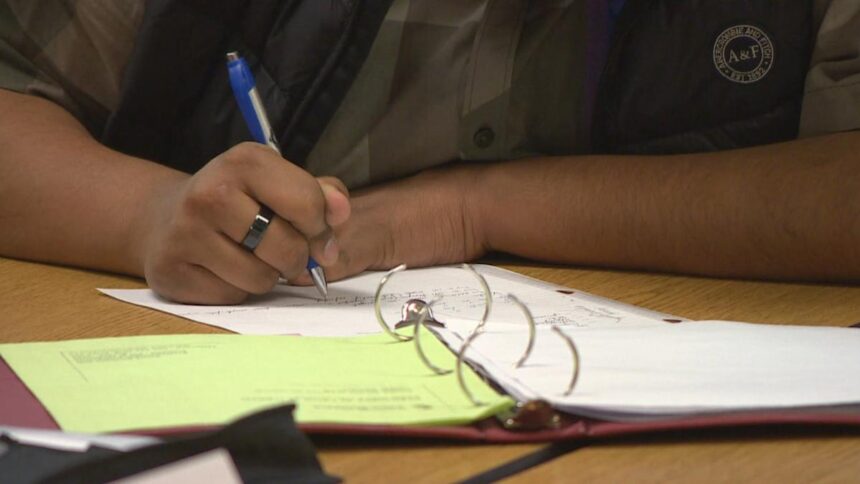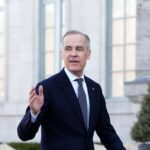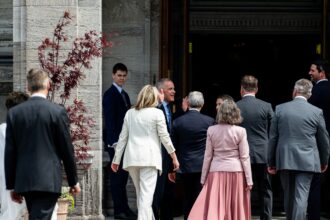In the face of mounting public scrutiny, Manitoba Premier Wab Kinew defended his government’s approach to education funding Thursday, pushing back against accusations that Manitobans are facing steeper property tax bills despite campaign promises to the contrary.
The controversy erupted after homeowners across the province began receiving their property tax assessments, with many reporting substantial increases in the education portion—a direct contradiction to the NDP’s election pledge to phase out these taxes entirely.
“We’re keeping our commitment to end education property taxes,” Kinew asserted during a press conference in Winnipeg. “But we’re doing it in a fiscally responsible way that recognizes the challenging financial situation we inherited.”
The Premier acknowledged the government discovered a $1.6 billion deficit upon taking office, significantly higher than previous estimates. This fiscal reality, he explained, has forced the administration to recalibrate its timelines for implementing tax relief measures.
Opposition Leader Heather Stefanson wasted no time condemning what she characterized as a broken promise, telling reporters at the Legislature, “Manitobans voted for immediate tax relief, not excuses about inherited deficits.”
The education portion of property taxes has long been a contentious issue in Manitoba, with experts from both sides of the political spectrum debating its effectiveness as a funding mechanism for public education. The previous Progressive Conservative government had begun phasing out these taxes through rebates, a strategy the NDP criticized during last year’s campaign.
James Richardson, an economics professor at the University of Manitoba, offers context: “The challenge facing the Kinew government isn’t unique. Many new administrations discover their predecessors’ financial projections were overly optimistic. The question becomes how transparent they’ll be about adjusting their timeline for tax elimination.”
For homeowners like Winnipeg resident Margaret Sawatzky, the issue transcends political posturing. “My education tax went up nearly 12% this year,” she said. “When you’re on a fixed income, these increases aren’t abstract policy debates—they directly impact whether I can afford to stay in my home.”
The Manitoba Real Estate Association estimates the average homeowner will pay approximately $380 more in education property taxes this year compared to 2023, creating additional pressure on household budgets already stretched by inflation.
Finance Minister Adrien Sala defended the government’s approach, stating the administration remains committed to gradually eliminating education property taxes while ensuring stable funding for Manitoba’s education system. “This is about responsible governance,” Sala emphasized. “We’re balancing our campaign commitments with fiscal realities.”
Education stakeholders have expressed mixed reactions. The Manitoba Teachers’ Society welcomed the continued funding through property taxes until alternative revenue sources are secured, while the Manitoba School Boards Association has urged clearer communication about the government’s long-term funding strategy.
Premier Kinew indicated his government will provide more details about education funding and tax relief in the upcoming provincial budget, expected in early April. “Manitobans elected us to fix healthcare, improve education, and make life more affordable,” he said. “We’re addressing all three priorities in a balanced way.”
As property assessments continue arriving in mailboxes across the province, the question remains: will Manitobans accept the Premier’s explanation for delaying tax relief, or will this early policy adjustment undermine confidence in the new government’s ability to deliver on its broader agenda of progressive change?
















